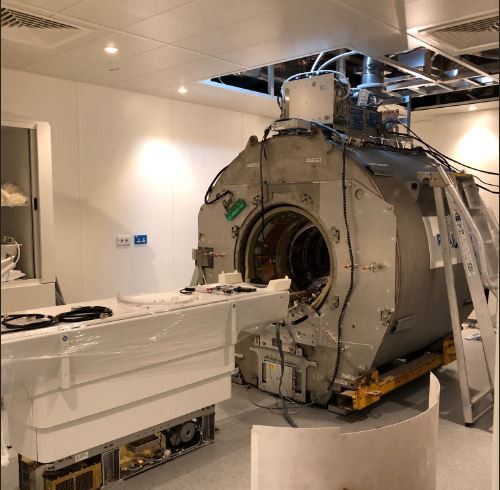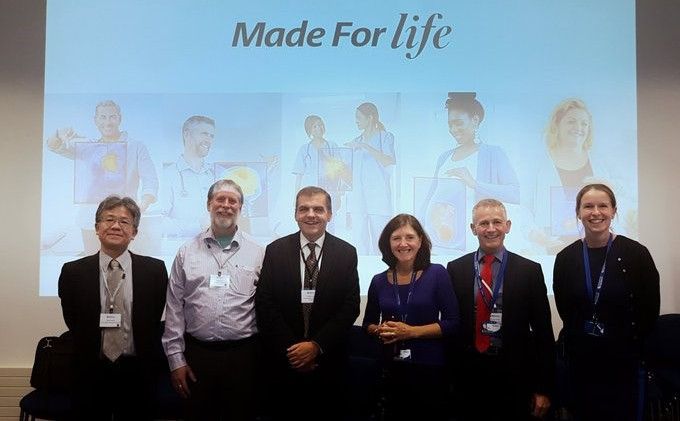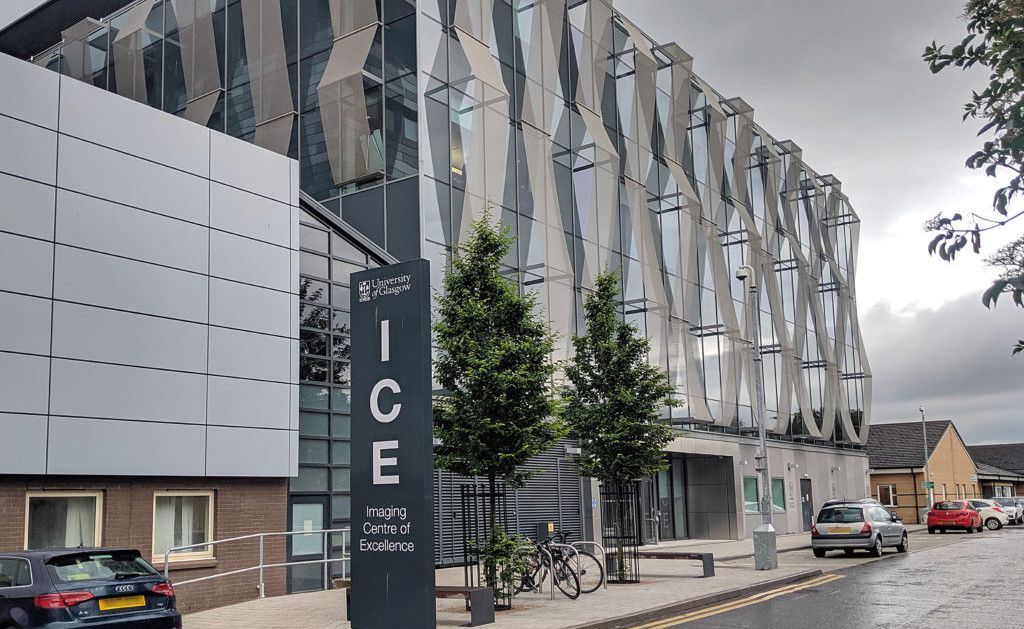Aberdeen’s place in the medical history books doesn’t stop with the MRI scanner. In fact, many other discoveries in the field of MRI imaging have taken place in Scotland’s granite city, in the north east of the country.

The Industrial Centre for Artificial Intelligence Research in Digital Diagnosis (iCAIRD) is carrying on the city’s legacy in medical and research innovations. With funding from Innovate UK as well as major industrial partners Canon and Phillips, iCAIRD is working on projects in the fields of radiology and pathology – the two areas where our NHS rely on the analysis of digital images.
Their radiology projects, for example, are working with different SMEs to develop artificial intelligence solutions for processes including accident and emergency x-ray interpretation and faster patient pathways following acute strokes.
Professor Alison Murray is the lead radiologist of iCAIRD:
“Radiology and pathology are shortage specialities in the NHS, there are not enough qualified staff to deal with the workload, which results in bottlenecks in patient diagnosis. iCAIRD projects attempt to address all areas where AI could make these working practices safer, faster and cheaper.”
Professor Murray adds that the innovative aspect of iCAIRD isn’t so much the development of AI, but the creation of secure processes for anonymised patient data that are fit for purpose, reliable, accountable and good – if not better – than the human equivalent.
Finding these AI solutions means that researchers need access to large volumes of real-world data. As a result, through iCAIRD’s Safe Haven Artificial Intelligence Platform (SHAIP), the NHS is making previously confidential data records available. These “safe havens” are allowing data to be used for research in the development of AI algorithms which will address AI problems in the system.

Collaborative Effort
The project hub is at the University of Glasgow, with key involvement from NHS Greater Glasgow and NHS Grampian, as well as the Universities of Aberdeen, Dundee and Edinburgh. Scotland is no stranger to collaboration, and the spirit embodied in this project is something that can be recognised throughout Scotland’s legacy of innovation - something Professor Murray agrees with:
“Scotland is a small nation and we work best through collaboration. We already have experience of strong collaborative networks through research pooling and clinical research networks. We also have strong relationships between academia, the NHS and industry and this “triple helix” works especially well in Scotland where many of us have worked together on similar projects in the past.”
Artificial intelligence is already a huge part of our daily lives, but the challenges lie in ensuring that iCAIRD’s new systems don’t result in a risk to patients or a drop in current standards of care. It’s also essential that these new systems integrate with current systems smoothly as well as being cost effective.
“At present each set of mammograms is reported by two highly trained breast screening radiologists and is thus highly labour-intensive. Replacing one of the radiologists with an AI solution, as we are testing as part of iCAIRD, is a potentially attractive way of using AI in reporting. If shown to be non-inferior to the status quo, this could be incorporated quickly, potentially solving the workforce crisis.”

History of innovation
The iCAIRD project is undoubtedly one of innovation and the analytical thinking that goes into developing such ideas is at home in Scotland – a country with a rich history of innovation. Professor Murray gives thanks to Scotland’s weather, adding that it’s perhaps the long winters that give people plenty of time to be inventive. However, Scotland is a lot more than famously unpredictable weather. It’s a brilliant place to live and work.
“I was born in Aberdeen and returned here to work but have also spent several years in Glasgow, where our eldest daughter was born. We enjoy nothing more than family get-togethers in various places in Scotland, whether fantastic foodie trips to Glasgow, visiting the V&A in Dundee, rugby and the festival in Edinburgh or West Coast holidays in Gairloch.”
The developments and research involved in the iCAIRD project builds on Aberdeen’s rich history of medical innovation, but the collaboration between different academic institutions, the NHS as well as Canon and Philips is inherently Scottish.
Working together for a common good is something that Scotland is known for, and our reputation as a good global citizen extends far past good deeds and charitable thinking. Scotland’s wonder lies in what we give to the world, and iCAIRD’s smart thinking is sure to lead to changes in healthcare – not just in Scotland, but internationally.